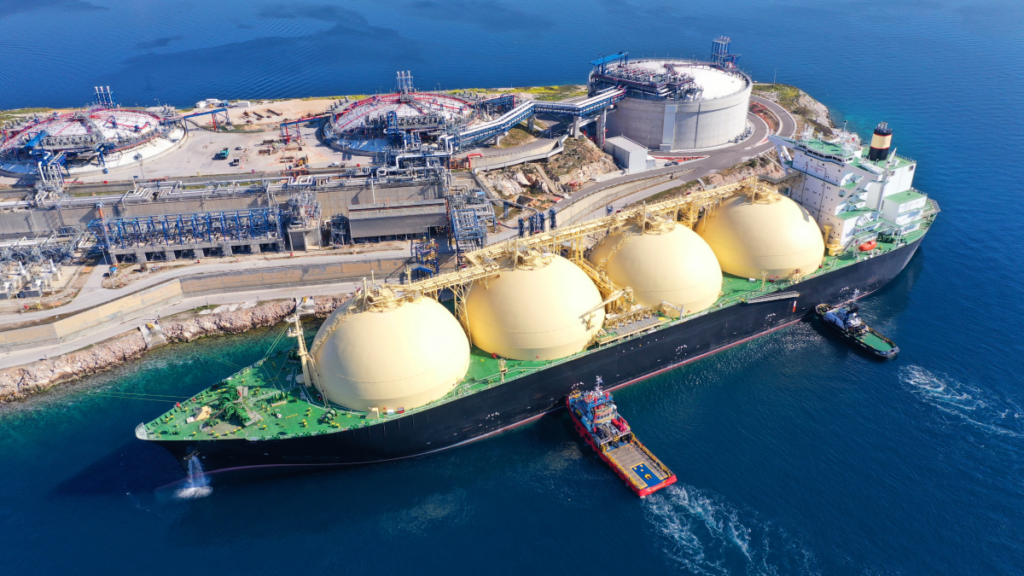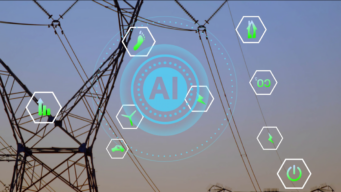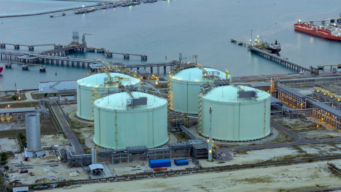The energy industry as we know it is changing. It’s changing because the world is changing.
The United Nations expects the global population to grow by more than 20% in the next 25 years, from eight billion to just shy of 10 billion by 2050.1 This massive growth in population will bring with it increased energy demands – and it is only one generation away! According to the 2023 International Energy Outlook, total energy demand across the world is projected to grow even faster than estimated population growth, at 34% over this time.2
The shifting energy landscape
Until now, petroleum liquids have been the largest and most significant energy resource in the history of humanity. Petroleum liquids make up approximately 30% of the global energy mix.3 But with any non-renewable resource (hydrocarbon based or not), there is a geological limit to how fast a non-renewable resource can be produced. Those geological constraints lead to economic constraints, including higher costs and high commodity prices.
According to the Energy Information Association, global annual petroleum liquid production has plateaued for the last six years.4 Global petroleum liquid production has reached a point where new production coming online is offset by natural declines elsewhere, just as geoscientist Marion King Hubbert predicted.
Combine this trend with consumers’ changing energy preferences and there is a race to ensure enough reliable, cost-effective, and sustainable energy is safely delivered to the world.
This is a race among a variety of energy sources (renewable and non-renewable) with the speed of the latter always having a maximum limit. It is a race among energy companies and every person across the global energy sector (regardless of department) to find ways to work smarter and execute their role in safely delivering energy to the world. After all, elevating human potential requires information to be reimagined.
Power up your information
Like any race, there will be winners and losers.
Which side of the race an energy organization lands on will depend on how effectively information is managed so that workers get the knowledge, insight, and confidence that can only come from trusted, autonomous, innovative, and secure information.
Checkout the Smarter Guide for Energy to learn more about information management basics and to see how information is being reimagined across the entire energy value chain.
Are you ready to take action?
The energy industry has never moved this fast. The energy industry will never move this slowly again.
Learn more about OpenText solutions for Utilities, Chemicals, Oil and Gas, Metals and Mining and Engineering, Procurement and Construction that can help you work smarter.
——————————–
Sources:
1 UN, Global Issues: Population
2 U.S. Energy Information Administration, Today in Energy, 2023
3 U.S. Energy Information Administration, EIA projects global energy consumption will outpace efficiency gains in most cases. 2023
4 U.S. Energy Information Administration, Total Petroleum and Other Liquids Production Annual




